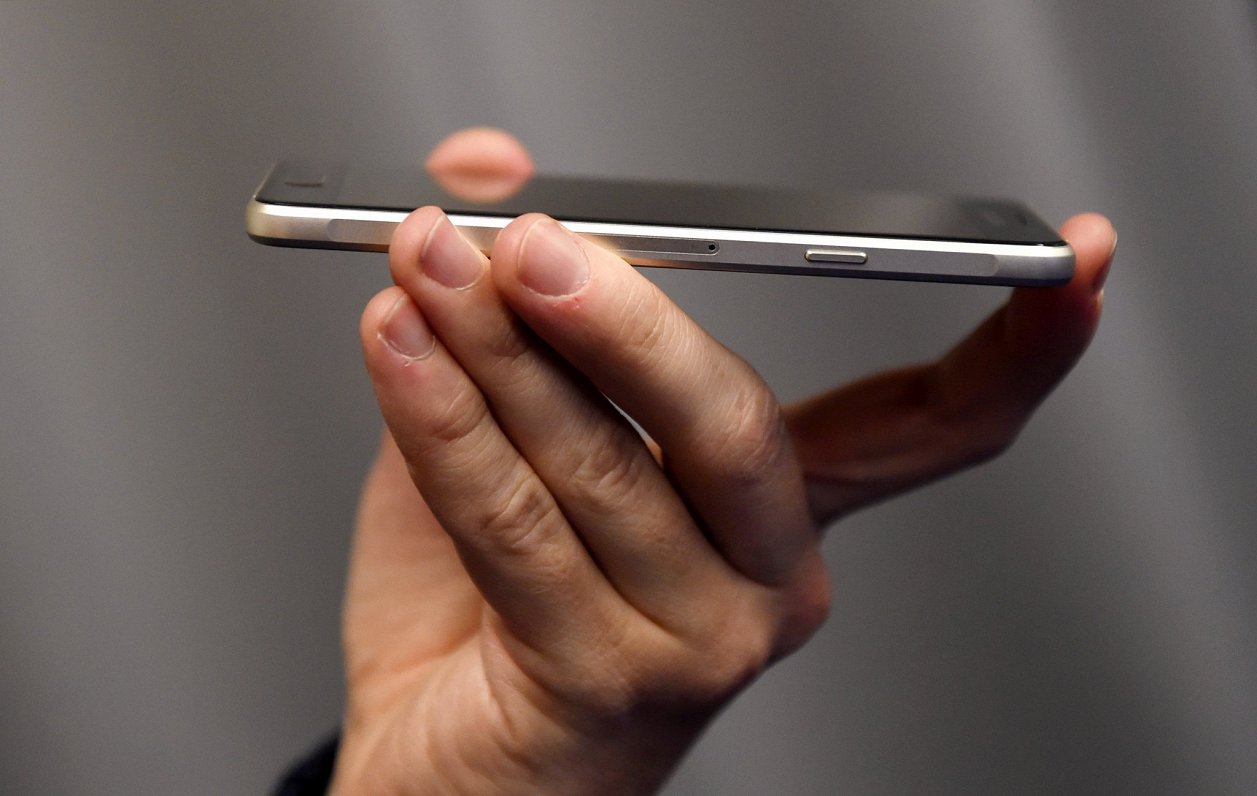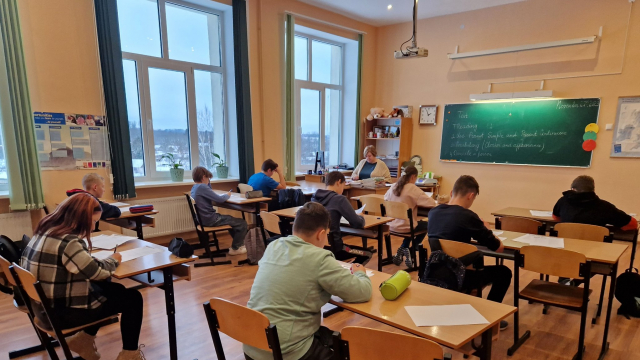According to the author of the initiative, the ban would improve success and the ability to focus on learning, which is particularly important for younger class children.
Seeing every day what the school situation is like when students spend every intermittently on the phone, the initiative's author, Jānis Viegliņš, who is the principal of Valle Secondary School, decided to form this initiative and call for the relevant amendments to the Education Law, prohibiting the use of personal smart devices in primary and secondary schools.
The principal stressed that schools are adequately equipped with smart technology and are able not to use students' own smart devices during the learning process, so banning smart devices would allow children to think about school rather than virtual environments when they are in school, improve emotional resilience and learn better.
Over time, the initiative has collected over 10 thousand signatures and parental responsiveness has been enough for the initiative to reach the Saeima.
This is not the case only in Latvia, for example, the use of smartphones in schools is already prohibited in France, Britain and the Netherlands.
Rūdolfs Kalvāns, principal of Sigulda State Gymnasium and President of the Association of Latvian Education Leaders acknowledged that smartphone usage habits are a huge problem in all classrooms, not just primary school or secondary school, and there are several schools that try to limit it, for example by creating special boxes where students put their phones before the beginning of the lesson,
He added that a ban of this kind would hardly address the main problem, namely the excessive use of smart devices, and he also pointed out that the ban would be difficult to enforce.
“What does a school ban mean? Where will the student put that mobile? In some giant box where 600 other mobiles? Will they be handing it over somewhere? Can't they, like cigarettes, alcohol, guns, bring a mobile phone in at all, so where does the student leave it? These are a lot of issues, it's not that simple. That way, it's impossible, I don't see it how practically it could be done. This is more, I think, a declaratory call to attention to this problem, but legally, practically in life, it won't work out there,” Kalvāns assessed.




























